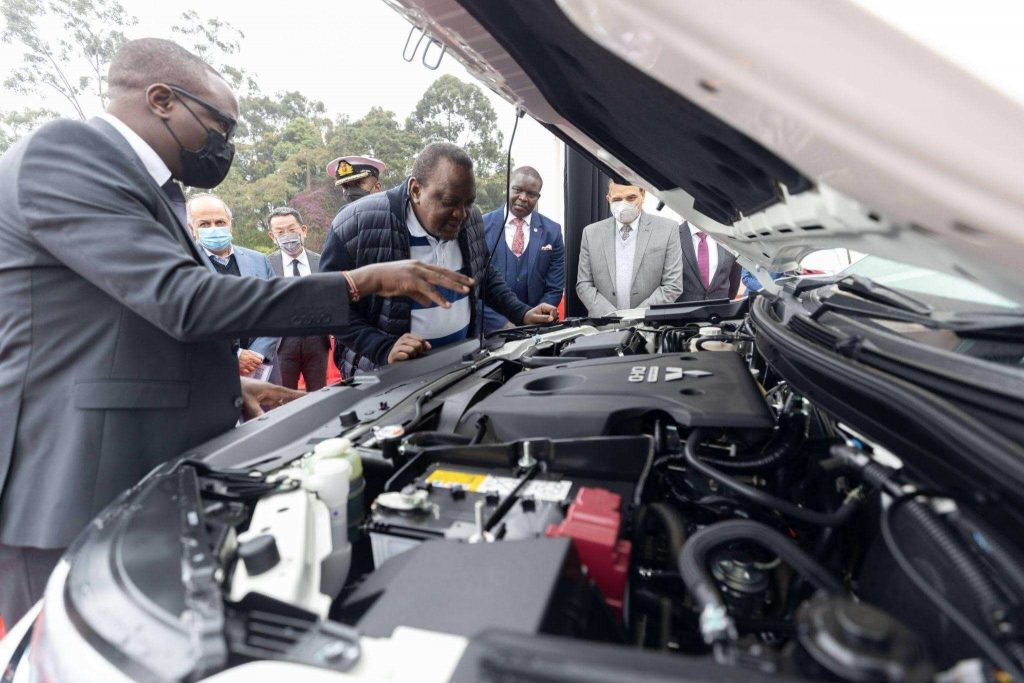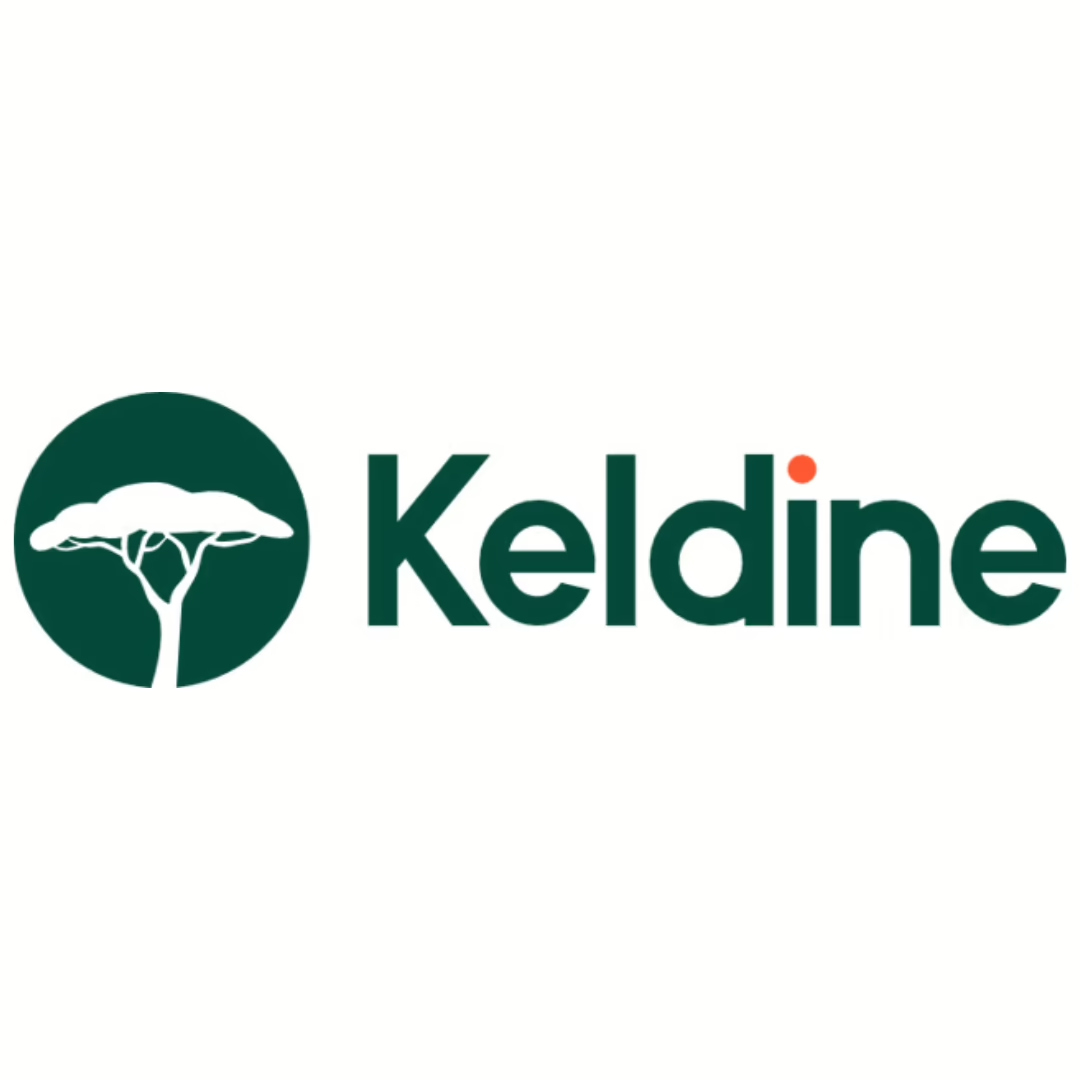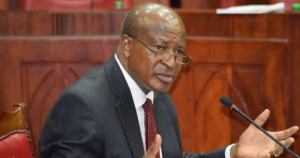NAIROBI, Kenya, Jul 13 – Kenya is set to increase production of locally assembled vehicles significantly if the new National Automotive policy is implemented.
The country has announced plans to set up a national automotive council to facilitate implementation of the National Automotive Policy that is geared towards boosting the local assembling of motor vehicles.
Speaking at State House, Nairobi, President Uhuru Kenyatta reiterated the Government’s commitment to creating an enabling environment for the growth of the country’s automotive industry.
“…I take note of the issue of getting the council established and that is something we shall see if we can do before we leave office to ensure that we create that enabling environment for the necessary institutions that will see this particular industry continue on its growth trajectory and becomes once again predominant part of the Kenyan economy,” President Kenyatta said.
Kenya’s motor vehicle industry growth reached its zenith in the 1980s by which time, the country boasted of three major assembly plants producing about 13,000 vehicles and a relatively vibrant parts manufacturing subsector.
A memorable milestone to date was the local production of the Nyayo Car in 1987. The downward tumble for the industry began in early 1990s with economic liberalization and the resulting importation of cheap used vehicles that has persisted to date.
Currently, vehicle assembly plants in Kenya are operating at an average of 16 percent, producing just about 5000 vehicles against an installed capacity of 34,000 vehicles, while many local content manufacturers have closed shops.
The National Automotive Policy takes a holistic approach to propose measures that aim at unlocking the industry potential across the entire value chain and related sectors of the economy.
The policy therefore aims to;- provide legal, institutional and regulatory framework for the development of the automotive industry; support motor vehicle and motorcycle Assembling; harmonize standards; forge collaboration mechanisms in the industry; facilitate market Access for sector products and services including access to preferences and reservation in public sector procurements; promote innovation, research and development and technology; facilitate local component/parts manufacturing; and support development of incentive schemes for investments and reinvestments.
The policy also requires that all automotive manufacturers use upto 30 percent of local content in their assembly process by 2023.
Simba Corp Chairman Adil Popat lauded the move by the government to set up a national automotive council adding that it will help secure the policy and ensure implementation even after the government transition.
According to Popat, once implemented, Associated Vehicle Assembly (AVA) , will operate at full capacity producing about 30, 000 units a year.
“Allow a gradual process of implementation as the industry is not ready yet,” he added.
In 2017, Kenya’s motor vehicle assembly industry had an annual turnover of USD 600 million (including regional dealerships), employed over 12,000 people of which 3,000 people are directly employed in assembly plants, 3,690 people in downstream spin offs, and 5, 782 in support sectors excluding dealerships outside of Kenya. The commercial car assembly consumed locally produced materials to a tune of USD 135 million. The industry contributed annual tax revenues to the government of Kenya to a tune of USD 80 million.
The main vehicles being assembled are commercial vehicles especially Trucks and Buses, which are well designed to meet the tough Kenyan and African tropical conditions.
Kenya has three vehicle assembly plants that include Isuzu East Africa Limited, Nairobi, Associated Vehicle Assemblers, Mombasa and Kenya Vehicle Manufacturers, Thika.


















